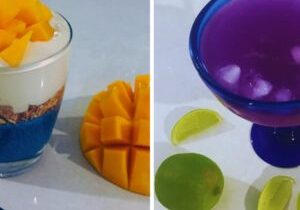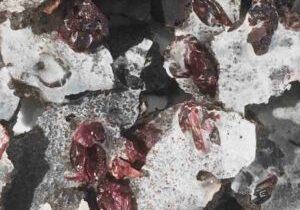September 18 is World Bamboo Day, a day that’s dedicated to increasing the awareness of bamboo globally.
You may be wondering — what’s so special about bamboo that it deserves its own day? To answer that question, we bring you five great reasons to celebrate bamboo!
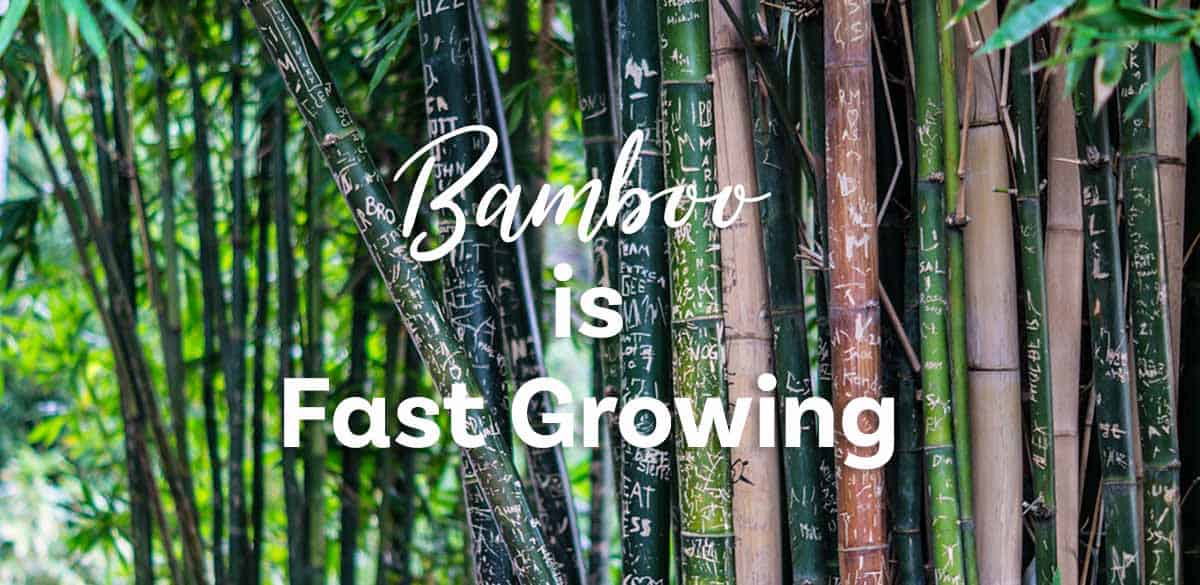
1. Bamboo is Fast Growing
Bamboo is not just fast growing, it’s the fastest growing land plant in the world! The only plant that grows faster than bamboo is the giant sea kelp, which grows in the ocean.
Although it has a wood like strength, bamboo actually is woody grass which can grow to more than 100 feet.
Bamboo takes about three years to get established. Once a plant is established, the new shoots that emerge will continue to get larger and more numerous as the plant colony grows towards maturity.
In fact, bamboo shoots are known to grow up to one metre a day — that’s fast enough for you to sit back relax and watch them grow.
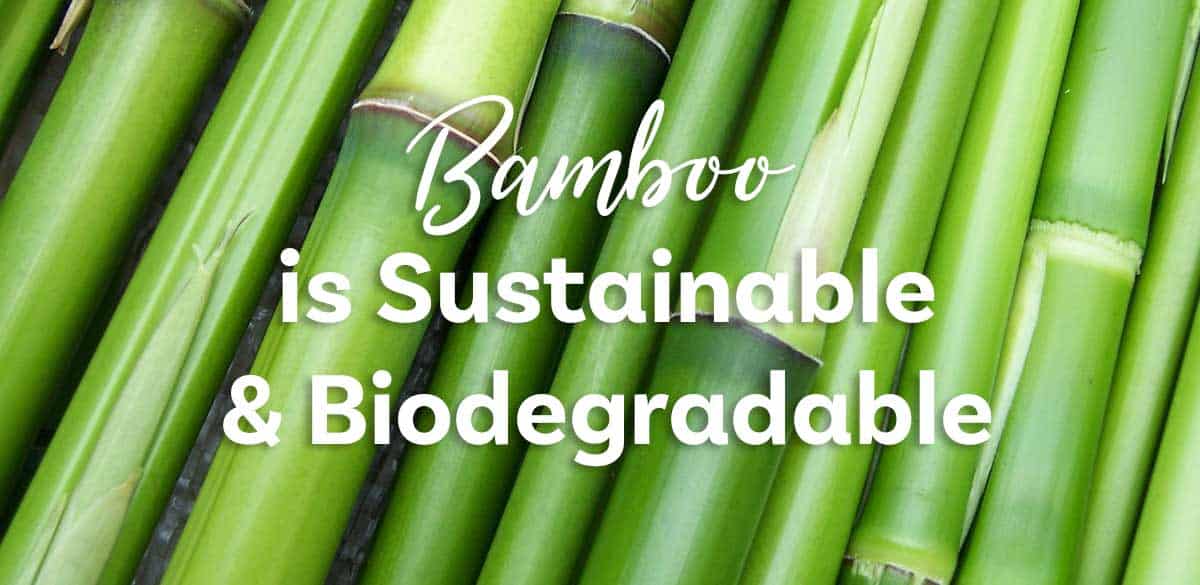
2. Bamboo is Sustainable and Biodegradable
Often labelled the world’s most renewable material, bamboo requires no pesticides, and is robust enough to be recycled into other products. Also, when bamboo does reach its end of life, it can breakdown naturally in landfill.
As bamboo self-regenerates from its own roots, it does not require replanting. As a comparison to other materials such as cotton — bamboo does not require large amounts of water and is less labour intensive to farm.
It’s ability to naturally biodegrade makes bamboo a much better alternative than plastic —bamboo actually aids wildlife rather than destroying it. How?
One great plastic switch you can make today, that will have the planet thanking you tomorrow, is to switch out the plastic toothbrush and get yourself a bamboo toothbrush instead!
Although native to tropical climates, bamboo can grow in temperate zones as well — in fact Australia alone has around 400 species of bamboo plants.
Although bamboo happily propagates in tropical regions of Far North Queensland and the Northern Territory there are very few production facilities in Australia for this amazing crop. Perhaps knowing how sustainable bamboo really is, we will see that change it the future!
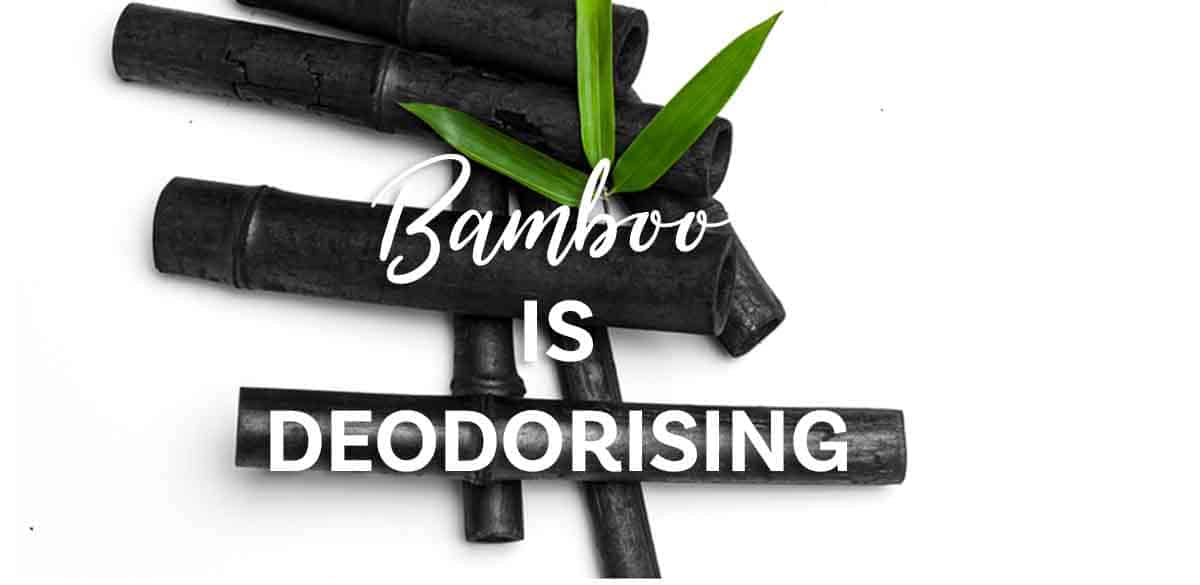
3. Bamboo is Deodorising
Have you heard of Activated Charcoal? If so, you might be thinking it’s produced by grinding up burned wood. While activated charcoal can be made from various materials wood is not usually the most common material used. Commonly known to be made from the non-renewable resource of coal or coconut shells, activated charcoal can also be made from bamboo.
Bamboo charcoal is extremely porous and can absorb large quantities of odour causing bacteria. It is often used to filter water, removing harmful chemicals.
But bamboo charcoal is not only known for its deodorising properties, it’s also often used in skin care products such as facial cleansers, drawing out impurities from the skin.
At EORTH we even recommend using Konjac sponges that incorporate activated charcoal into the natural vegetable material. A Konjac sponge paired with an activated charcoal facial cleanser is a winning eco-friendly skin care combination.
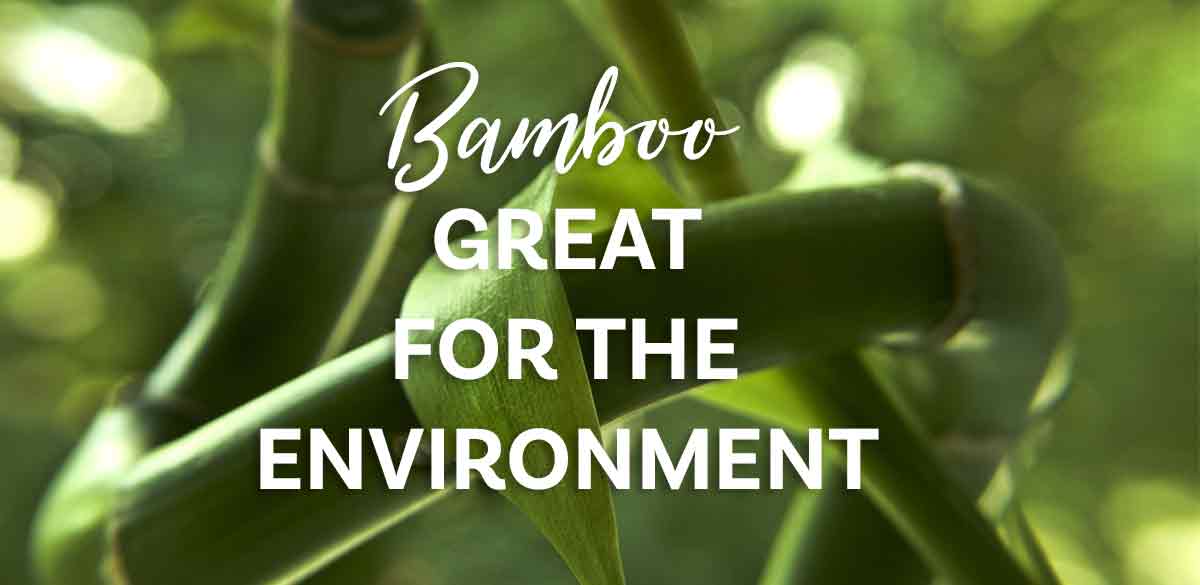
4. Bamboo is Great for the Environment
We know that bamboo is fast growing, and unlike its textile rival cotton, it does not require large amounts of water to grow. But did you know that bamboo is also excellent for absorbing greenhouse gases and producing clean fresh oxygen!
Aside from its ability to produce 30 per cent more oxygen than most plants and trees, bamboo has a dense and wide spreading root structure perfect for limiting soil erosion and to stabilize critical areas against landslides such as in the Eastern Visayas region in the Philippines, with more than 2,531 villages considered to be susceptible to landslides.[i]
We often see bamboo being used as a replacement for wood-based products, such as bamboo cutlery, or being used instead of plastic. Other plastic free alternatives such as cotton buds, have replaced the plastic stem with bamboo which in turn reduces the impact on the environment should they end up in waterways.
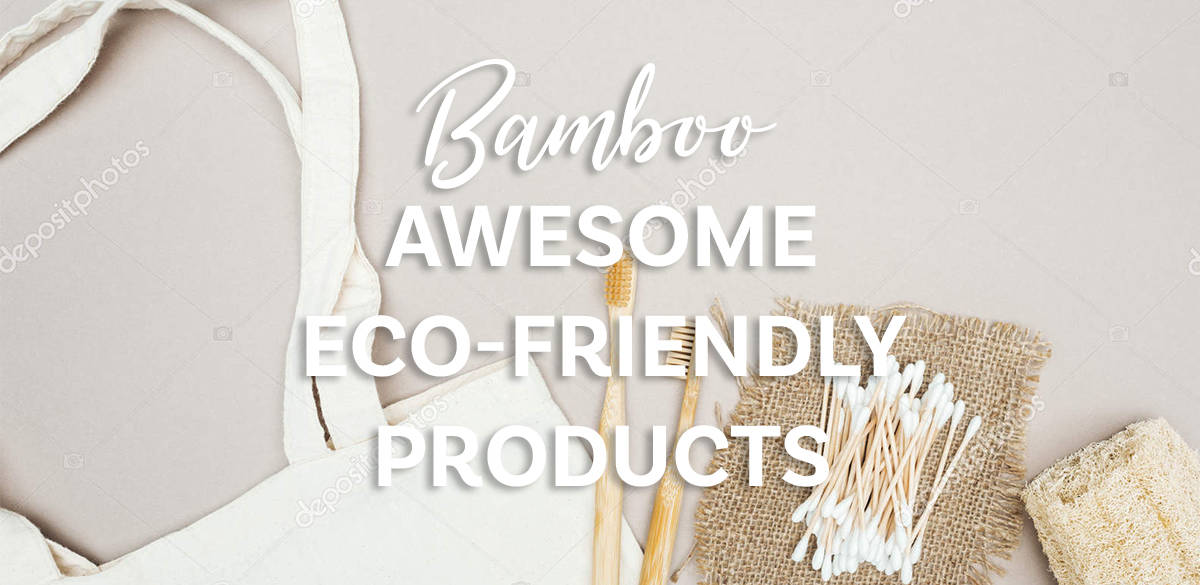
5. Bamboo: Makes Awesome Eco-Friendly Products
Given that bamboo grows faster than wood, and is less polluting than plastic, it makes sense that we’re now seeing so many eco-products being made with this fantastic material.
Ready to make the switch to eco-friendly, sustainable bamboo products? Here’s a list of products that will help you start the bamboo-plastic free journey.
- Bamboo hairbrushes (with bamboo bristles!)
- Patch natural bamboo band aid strips (with activated charcoal)
- Reusable bamboo cutlery
- Reusable bamboo facial wipes
- Bamboo toothbrushes
- Bamboo stemmed cotton buds
- Bamboo facial mask mixing bowls
1. https://reliefweb.int/report/philippines/feature-denr-promotes-bamboos-natural-disaster-prevention



